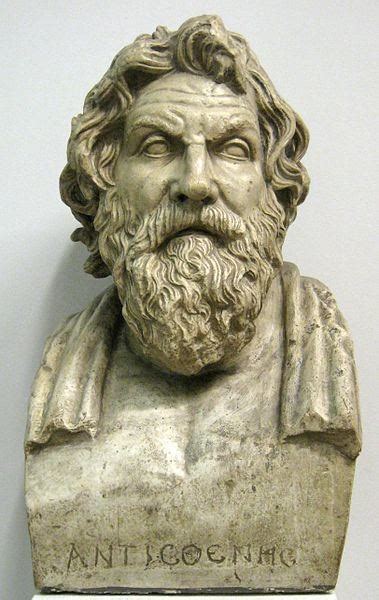A Quote by Edward Dahlberg
Men are mad most of their lives; few live sane, fewer die so. The acts of people are baffling unless we realize that their wits are disordered. Man is driven to justice by his lunacy.
Related Quotes
I'm not a believer in predetermined fates, being rewarded for one's efforts. I'm not a believer in karma. The reason why I try to be a good person is because I think it's the right thing to do. If I commit fewer bad acts there will be fewer bad acts, maybe other people will join in committing fewer bad acts, and in time there will be fewer and fewer of them.
These men, in teaching us how to die, have at the same time taught us how to live. If this man's acts and words do not create a revival, it will be the severest possible satire on the acts and words that do. It is the best news that America has ever heard.... How many a man who was lately contemplating suicide has now something to live for!
But neither life nor happiness can be achieved by the pursuit of irrational whims. Just as man is free to attempt to survive in any random manner, but will perish unless he lives as his nature requires, so he is free to seek his happiness in any mindless fraud, but the torture of frustration is all he will find, unless he seeks the happiness proper to man. The purpose of morality is to teach you, not to suffer and die, but to enjoy yourself and live.
Truth and falsity, indeed understanding, is not necessarily something purely intellectual, remote from feelings and attitudes. ... It is in the total conduct of men rather than in their statements that truth or falsehood lives, more in what a man does, in his real reaction to other men and to things, in his will to do them justice, to live at one with them. Here lies the inner connection between truth and justice. In the realm of behavior and action, the problem recurs as to the difference between piece and part.
Our society's sort of turning into a two-class system, where... most of the wealth and privileges are being concentrated into the hands of fewer and fewer people. And there's the rest of us... that have to go out and work and struggle and live and die and try to find some happiness and contentment and security.
The man who is bigger than his job keeps cool. He does not lose his head, he refuses to become rattled, to fly off in a temper. The man who would control others must be able to control himself. There is something admirable, something inspiring, something soul-stirring about a man who displays coolness and courage under extremely trying circumstances. A good temper is not only a business asset. It is the secret of health. The longer you live, the more you will learn that a disordered temper breeds a disordered body.
Cannot you tell that? Every fool can tell that. It was the very day that young Hamlet was born, he that is mad and sent into England." "Ay, marry, why was he sent into England?" "Why, because he was mad. He shall recover his wits there, or, if he do not, it's no great matter there." "Why?" "'Twill not be seen in him there. There the men are as mad as he.





































